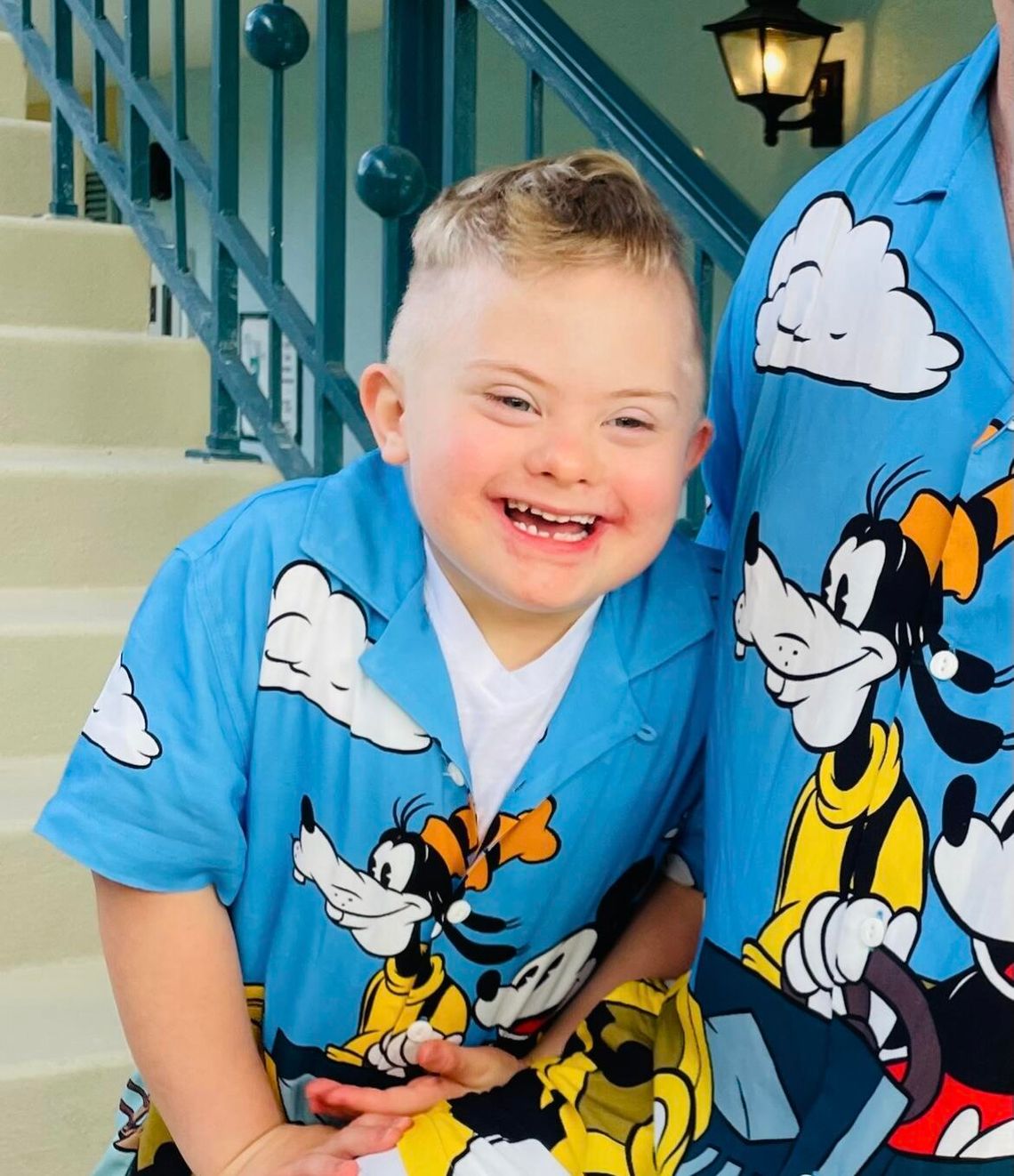November is here! Thank you to everyone who celebrated Down Syndrome Awareness Month in October; we have so much to be thankful for. It’s okay to keep the celebrations going every day. I do.
My chosen title may have you wondering why I used the dreaded “weird” word; because, I see how sensitive we’ve become by overthinking everything we say. The backlash of being politically correct when someone slips up and says something that offends someone has to stop. My son is wonderful and he is weird in the most fantastic way. I am not sorry. Hudson is dual diagnosed with Down syndrome and autism. As I celebrate Down syndrome Awareness Month, I celebrate everything about my son.
Listen, being deliberately mean is wrong, but seeing Hudson in all his glory means you are truly looking and seeing him for the gift he is. One of his gifts is his weirdness. I want him to be seen and accepted for all of him, not just the parts that are easy to love. He can be salty, stubborn and very determined and it’s all wonderful. He stims when he is overwhelmed, he stims when he’s happy. Picture meeting your most admired person or going to Disney or winning the lottery, Hudson feels this feeling sometimes twenty times a day or more… and it’s great to know he’s happy; to know someone is happy is something we can see with no words.
To understand his dual diagnosis, I have asked Hudson’s Applied Behavior Analysis (ABA) therapist and owner of Victory Behavioral, Denise Johnson, BCBA, to share her experience while helping my son. Hudson became her first child with Down syndrome to take data from and apply a program to help Hudson; he now has opportunities to learn and grow in a way that suits his learning style best. Here is Denise’s professional view:
“The remarkable thing about the science of Applied Behavior Analysis (ABA) is that it focuses on understanding behavior and applying techniques to gently shape and improve it. ABA can be used to help individuals learn valuable skills, whether they are neurodivergent or neurotypical. I chose to specialize in Autism Spectrum Disorder (ASD) due to having a son diagnosed with ASD, which has given me a personal connection to the challenges many caregivers face.
Hudson’s case was particularly unique for me. My colleagues and I had never provided ABA therapy to a child with a dual diagnosis of ASD and Down syndrome. I recall telling Hudson’s mother, Mika, during the first week that his behaviors felt strikingly familiar. Hudson exhibited many characteristics similar to my clients with ASD, and the strategies we implemented were effective. Due to Hudson's Down syndrome diagnosis, he required additional trials to learn skills, and we had to take extra care in maintaining those skills once learned.
The beautiful result is that Hudson has begun to communicate his needs, which has significantly reduced his frustration. He has made tremendous progress, especially when motivated, thanks to his individualized program. Mika’s openness to our support has also allowed us to train future behavior analysts to work confidently with clients who have dual diagnoses, which is crucial for expanding access to services for families facing similar challenges.
I encourage all clinicians to be transparent about their current scope of practice and to actively seek opportunities for growth and consultation on complex cases like Hudson’s.”
When you see my son, you will see he struggles. You will see that we sometimes struggle, too. You will also see a joy and a love that some don’t understand. You may see him in his wheelchair, even though he can walk. You may see him flapping his arms with his eyes tightly closed. You might see him with no shoes or us putting them on over and over. We will never hide to make you feel more comfortable and I will never apologize for Hudson being EXTRA wonderfully weird.


Comment
Comments